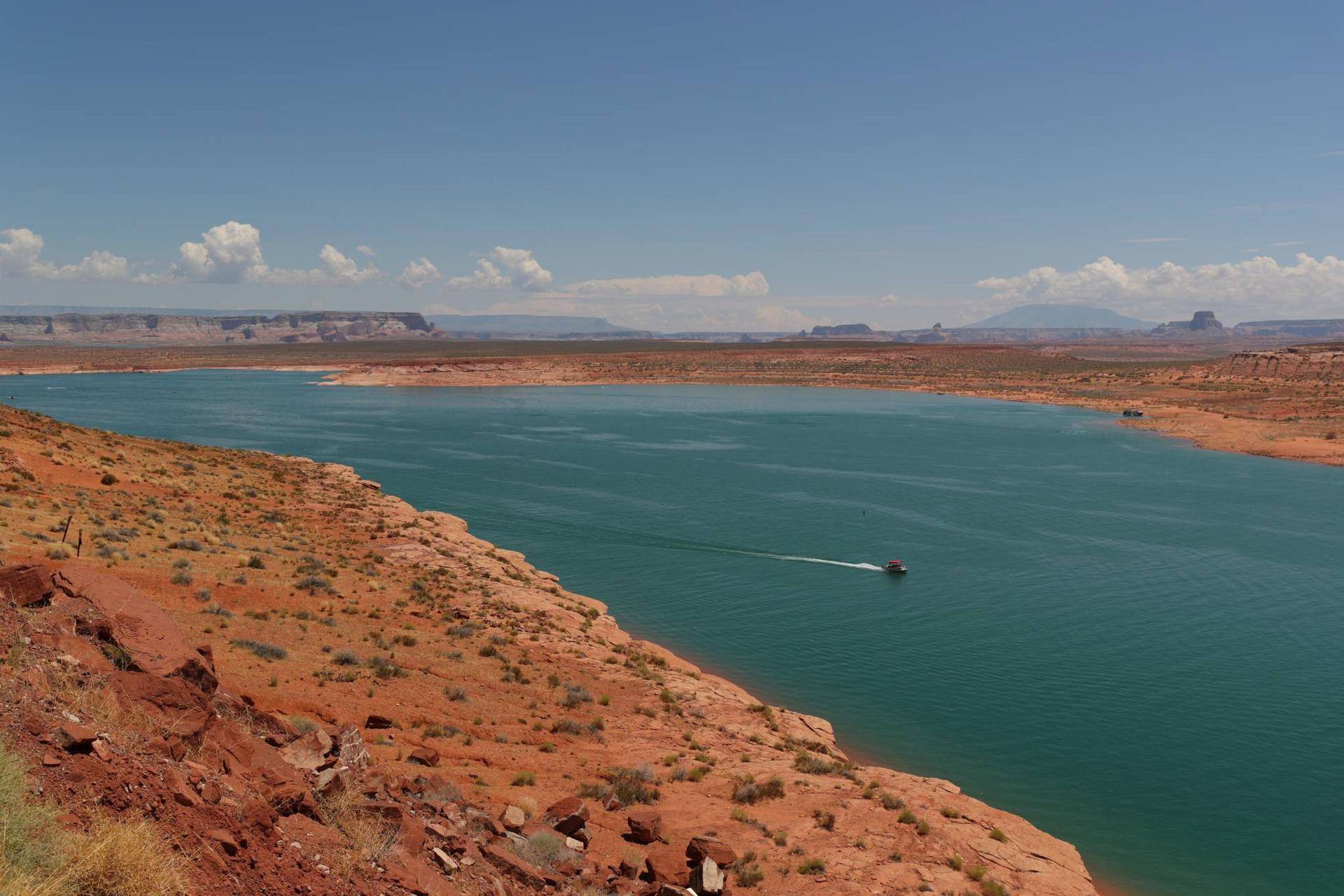DWR News Release
Law enforcement officers and technicians with the Utah Division of Wildlife Resources and other agencies had a busy holiday weekend, working to inspect and decontaminate boats across the state. Their efforts focused on preventing the invasive quagga mussels in Lake Powell and in other states from spreading to other Utah waterbodies.
Statewide, Aquatic Invasive Species technicians with the DWR, Utah State Parks, Arizona Game and Fish Department, and the National Park Service inspected 8,556 boats and performed 103 decontaminations from Friday to Monday. Of those total numbers, 2,135 of the boat inspections and 39 of the decontaminations took place at inspection stations in the Lake Powell area.
During the 2022 Memorial Day weekend, 5,055 inspections were performed statewide, and 55 boats were decontaminated.
Statewide, DWR conservation officers issued 52 citations and warnings for violations of Utah laws established to prevent the spread of invasive mussels. In 2022, four citations were issued during Memorial Day weekend. The majority of the violations this year were due to:
-
Boaters and others with watercraft not stopping at an inspection station
-
Boaters failing to remove their drain plugs while transporting their boats
-
Boaters failing to take the mandatory aquatics invasive species education course and not paying the associated aquatic invasive species fee
“We are excited to have more boaters coming back to enjoy Utah’s waters this year,” DWR Aquatic Invasive Species Lt. Bruce Johnson said. “But we want to remind boaters to recreate responsibly, which includes knowing the rules and regulations for not inadvertently transporting aquatic invasive species around Utah. All watercraft leaving Lake Powell require an exit inspection during the inspection station’s hours of operation. ‘Watercraft’ includes kayaks, canoes, paddleboards and inflatable rafts. It is important to remember that inspections are not the same as decontaminations. After a watercraft is inspected, it must still be decontaminated before relaunching at another waterbody. If a decontamination can’t be performed, the watercraft must wait the required dry time before launching again. Always be sure to clean, drain and dry your watercraft. It will save you a lot of time when you are on your way to boat our great waters in Utah.”
There are over 40 inspection stations located at various waterbody boat ramps, along highways and at Port of Entry stations throughout Utah. Visit the STD of the Sea website for a list of all the decontamination stations around the state and for further information regarding boater requirements, including new requirements going into effect July 1.
Why quagga mussels are bad
● They plug water lines, even lines that are large in diameter.
● If they get into water delivery systems in Utah, it will cost millions of dollars annually to remove them and keep the pipes free, which can result in higher utility bills.
● They remove plankton from the water, which hurts fish species in Utah.
● Mussels get into your boat’s engine cooling system. Once they do, they’ll foul the system and damage the engine.
● When mussels die in large numbers, they stink. The sharp shells of dead mussels also cut your feet as you walk along the beaches.

